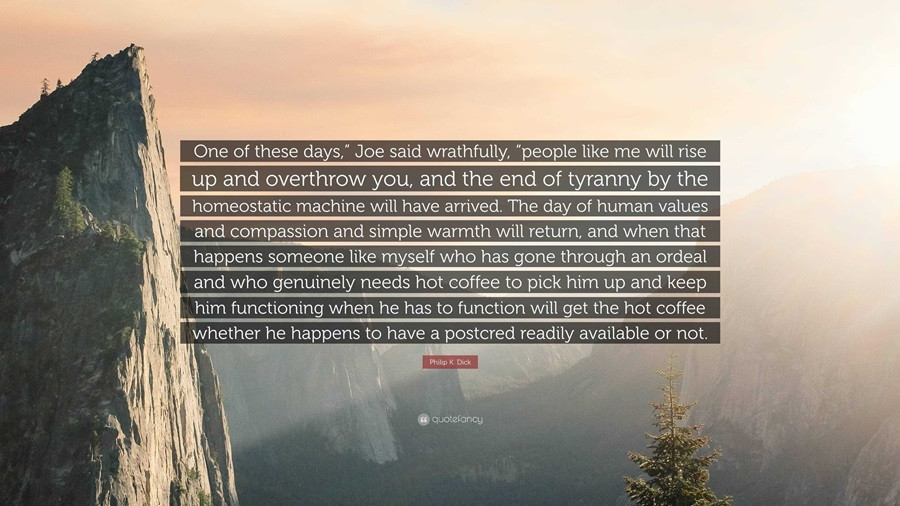

Night Owls Unite: Overthrowing the Tyranny of Morning People
Ever felt frustrated by the way society caters to early risers while night owls are forced to conform? The phrase "the early bird catches the worm" may have some merit, but it disregards the unique energy and creative rhythms of those who thrive in the later hours. Let's explore why the dominance of the "morning person" mindset can be problematic and how to advocate for flexible schedules.
The Misconceptions about Night Owls
Throughout history, early risers have been praised for their discipline and productivity. Conversely, night owls might be unfairly labeled as:
- Lazy: Just because someone's energy peaks later doesn't imply a lack of work ethic.
- Unreliable: The ability to perform well isn't tied to a specific time of day.
- Antisocial: Night owls can be equally social, preferring quieter, less crowded spaces and times.
Biological Differences
Scientific research suggests that our internal clocks (circadian rhythms) vary between individuals [1]. Some people naturally function better in the morning, while others feel alert and focused later in the day. Fighting against this natural cycle can impact sleep quality, productivity, and overall well-being.
The Toll on Night Owls
Rigid work and school schedules favor traditional early bird patterns. This can lead to:
- Chronic Sleep Deprivation: Night owls forced to rise early often don't get the full 7-8 hours of sleep needed for optimal health [2].
- Decreased Productivity: Working while sleep-deprived or out-of-sync with one's natural rhythm hinders focus and creativity.
- Mental & Physical Health Issues: Chronic sleep disruption is linked to higher risks of depression, anxiety, and various physical ailments [3].
Embracing Flexibility
It's time to challenge the "one size fits all" approach to productivity and re-evaluate society's emphasis on early mornings. Here's why flexibility is necessary:
- Accommodating Differences: Flexible schedules allow both morning and night people to perform at their best.
- Increased Productivity: Workers who have autonomy over their schedule often experience increased productivity and engagement [4].
- Improved Well-being: Honoring individual sleep cycles promotes better health and overall well-being.
Conclusion
The tyranny of morning people doesn't have to be the norm. By raising awareness about the needs of night owls, promoting flexible schedules, and celebrating different work styles, we can create a society that values the contributions of all, regardless of whether they thrive at dawn or dusk.
References
- National Institutes of Health: Understanding Sleep:
- Sleep Foundation: How Much Sleep Do We Really Need? https://www.sleepfoundation.org/how-sleep-works/how-much-sleep-do-we-really-need
- Centers for Disease Control and Prevention: Insufficient Sleep Is a Public Health Problem: https://www.cdc.gov/sleep/features/drowsy-driving.html
- Forbes: Flexible Work Isn't Just A Perk, It's A Necessity:
Popular articles

Apr 11, 2024 07:40 PM

May 25, 2024 08:09 PM

Apr 11, 2024 07:22 PM

Apr 10, 2024 07:59 PM

Mar 14, 2024 07:53 PM
Comments (0)